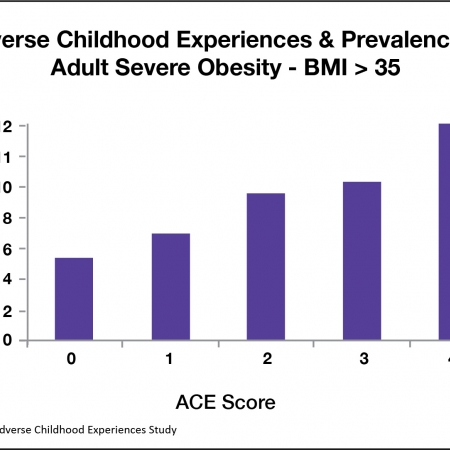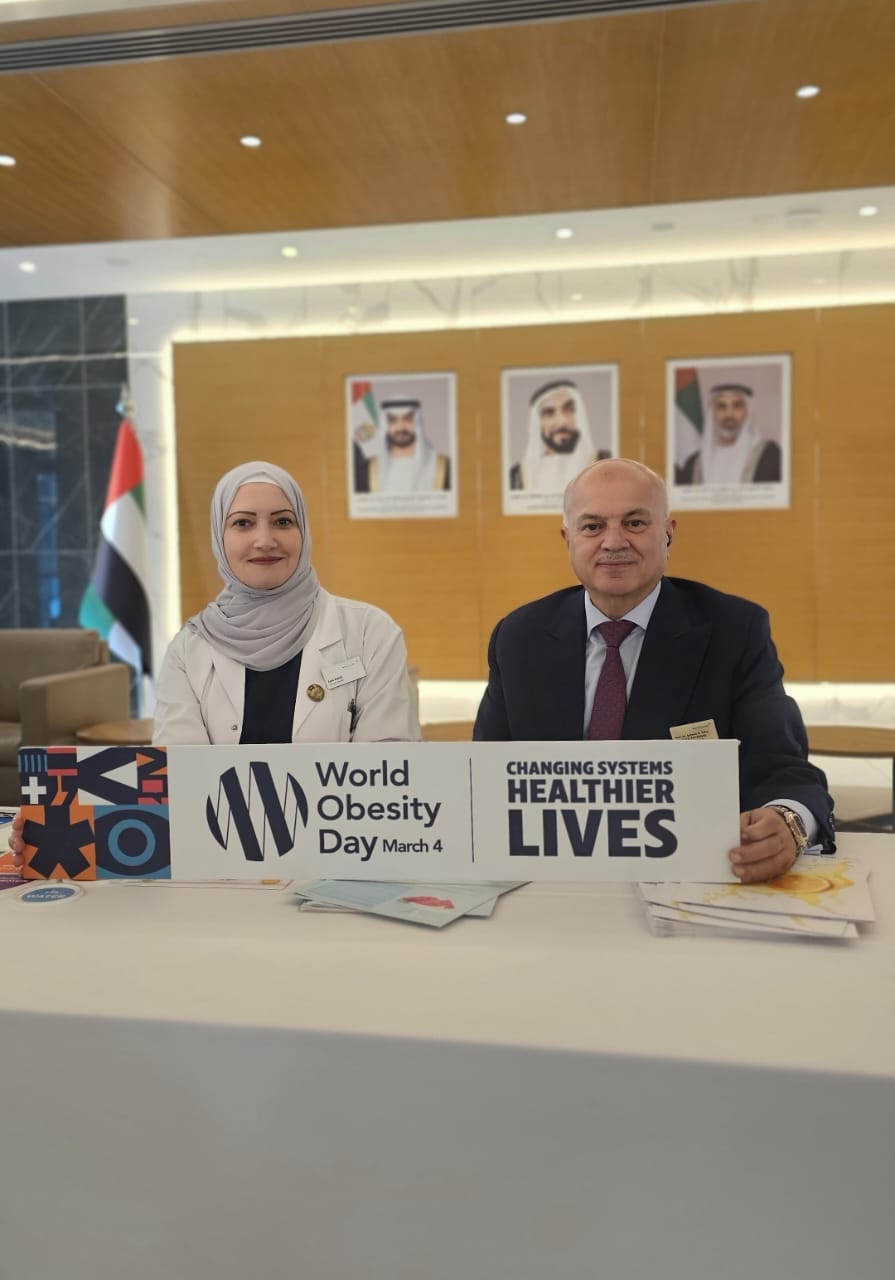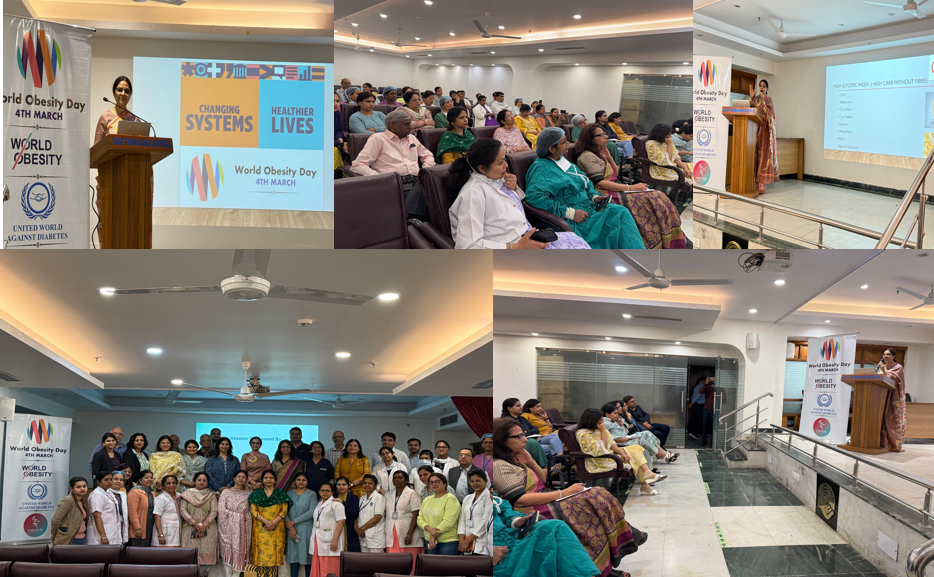Histoires

Parlons-en... de la stigmatisation des personnes atteintes d'obésité : L'histoire de Mary
Comment la nourriture m'a sauvé la santé mentale après avoir été élevé dans un foyer de fous
Dès l'âge de cinq ans, j'ai appris à utiliser la nourriture pour calmer mon anxiété, gérer mon chagrin, améliorer mon humeur et engourdir la douleur émotionnelle chronique que j'éprouvais en vivant dans un foyer chaotique et alcoolique.
J'ai pris et perdu des centaines de kilos au cours de mes quarante premières années. Les approches les plus courantes que j'ai adoptées pour perdre du poids ont été divers régimes, des programmes d'exercices, des groupes en douze étapes, des livres d'auto-assistance et des programmes de perte de poids supervisés par un médecin.
Le problème avec chacune de ces méthodes, c'est qu'elles ne s'attaquaient jamais à la cause profonde qui me poussait à me tourner vers la nourriture pour faire face à ma vie. Par conséquent, chaque fois que je perdais du poids, je finissais par le reprendre, et le cycle se répétait.
Lorsque j'ai eu quarante ans et que j'ai atteint mon poids maximum de 310 livres, j'ai su que je devais faire quelque chose de différent car il était évident que ce que je faisais ne fonctionnait pas. Comme j'approchais de la quarantaine, j'ai commencé à craindre que mon excès de poids ne me fasse mourir soudainement d'une crise cardiaque, que je ne devienne diabétique, que je ne développe des douleurs chroniques ou toute une série d'autres problèmes de santé graves qui sont fréquents en cas d'obésité sévère.
Comme je n'avais pas réussi à contrôler mon poids avec des régimes, de l'exercice, une thérapie ou les Overeaters Anonymous, j'ai décidé de me tourner vers la science médicale pour trouver des réponses. J'ai été encouragé par la découverte de plusieurs études évaluées par des pairs prouvant que, pour les personnes en surpoids de 100 livres ou plus, le pontage gastrique offrait de bien meilleures chances d'atteindre et de maintenir un poids sain à long terme que les régimes traditionnels, l'exercice physique et les approches d'auto-assistance.
C'est à ce moment-là que j'ai décidé que la chirurgie de l'amaigrissement serait le choix le plus judicieux pour résoudre mon problème de nourriture et de poids. Mon pontage gastrique a eu lieu en août 2002. La bonne nouvelle, c'est que j'ai perdu 160 livres en l'espace de deux ans. La meilleure nouvelle, c'est que j'ai pu maintenir ma perte de poids au cours des vingt dernières années.
La saga de ma lutte contre la nourriture et le poids, qui dure depuis quatre décennies, a pris un tournant dramatique en 2017 lorsque j'ai appris que j'avais subi un traumatisme infantile non diagnostiqué et non traité. C'est à ce moment-là que j'ai compris ce qui m'avait poussée à me tourner vers la nourriture pour faire face à la situation.
C'est en lisant "The Body Keeps the Score : Brain, Mind & Body In Healing Trauma" du Dr : The Body Keeps the Score : Brain, Mind & Body In Healing Trauma" par le Dr Bessel van der Kolk que j'ai découvert pour la première fois l'étude sur les expériences négatives dans l'enfance (ACE).
Il a été stupéfiant d'apprendre que les enfants exposés à divers types d'adversité présentaient des taux beaucoup plus élevés de toxicomanie, d'obésité, d'anxiété, de dépression et de plusieurs problèmes de santé chroniques à l'âge adulte.
En approfondissant la science qui sous-tend l'étude ACE, j'ai découvert des informations révélatrices sur la façon dont les scores ACE élevés (4 ou plus) peuvent expliquer les difficultés liées à l'alimentation et au poids.
La découverte des données et du graphique de l'étude ACE, qui montrent que le risque de souffrir d'obésité sévère augmente de 240 % lorsque l'on a un score ACE de 4 ou plus par rapport à un score ACE de zéro, m'a semblé tout à fait justifiée.
Le simple fait de comprendre ce qui pouvait être à l'origine de la lutte que je menais depuis quarante ans contre la nourriture et le poids a été pour moi un énorme soulagement. Cela m'a aidée à me débarrasser du douloureux fardeau de la honte que je portais en pensant que j'étais faible et que j'échouais parce que je luttais contre ces problèmes. Le fait d'apprendre le lien entre l'adversité dans l'enfance et l'obésité m'a donné envie de creuser plus profondément ce qui m'avait poussée à me tourner vers la nourriture.
En apprenant que mon cerveau, mon corps et mon esprit avaient été modifiés par un traumatisme et que j'avais besoin de thérapies spéciales basées sur le traumatisme pour guérir, j'ai eu envie d'écrire un livre sur mon parcours de guérison et de rétablissement.




